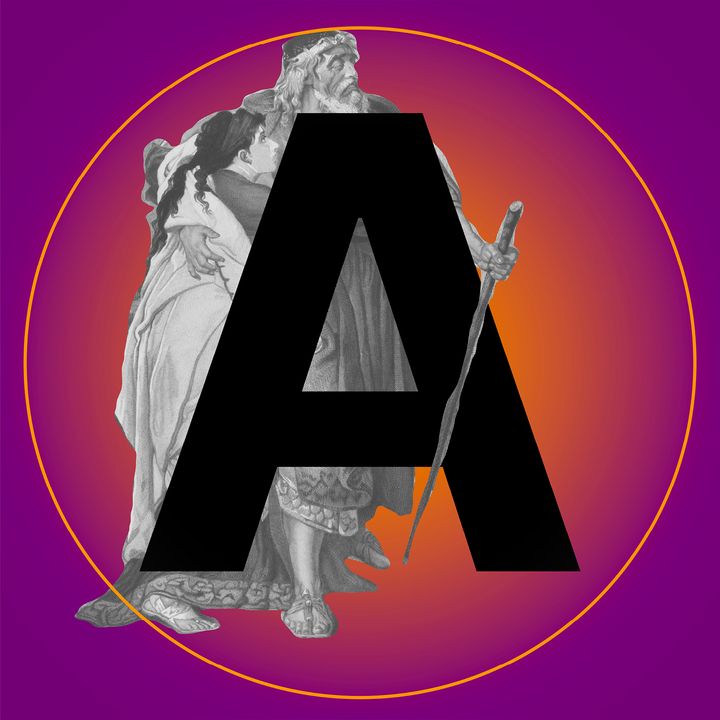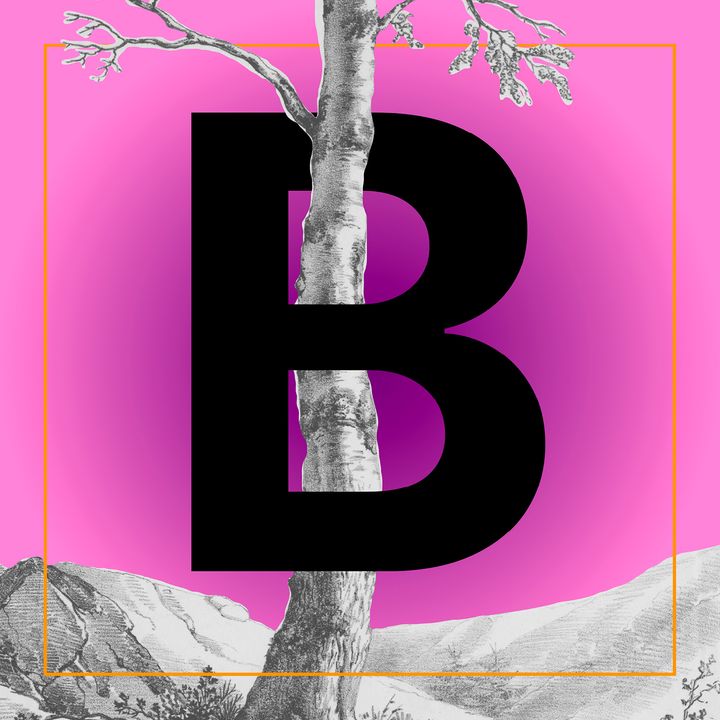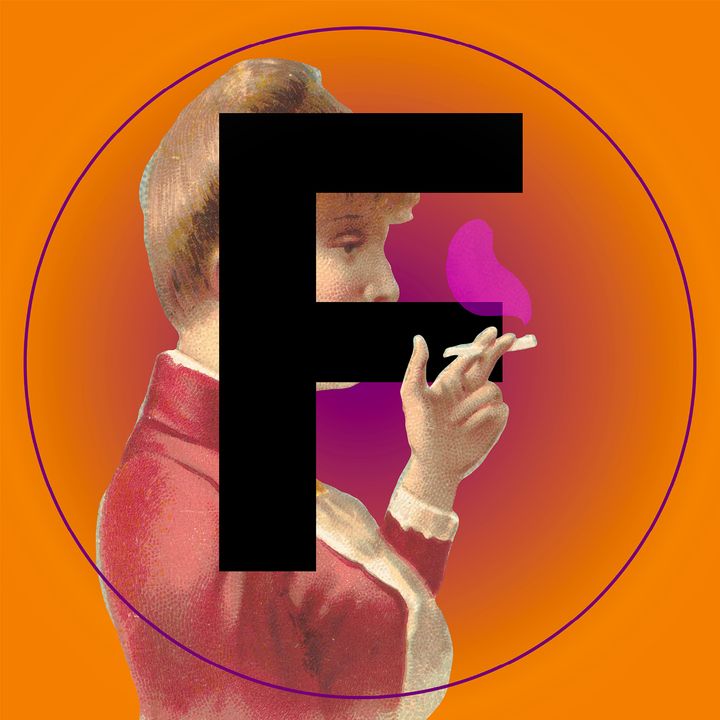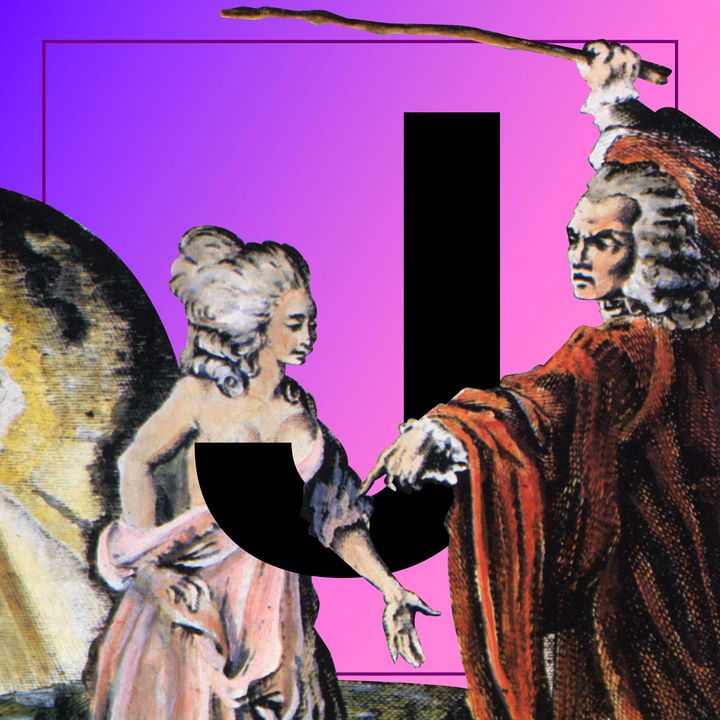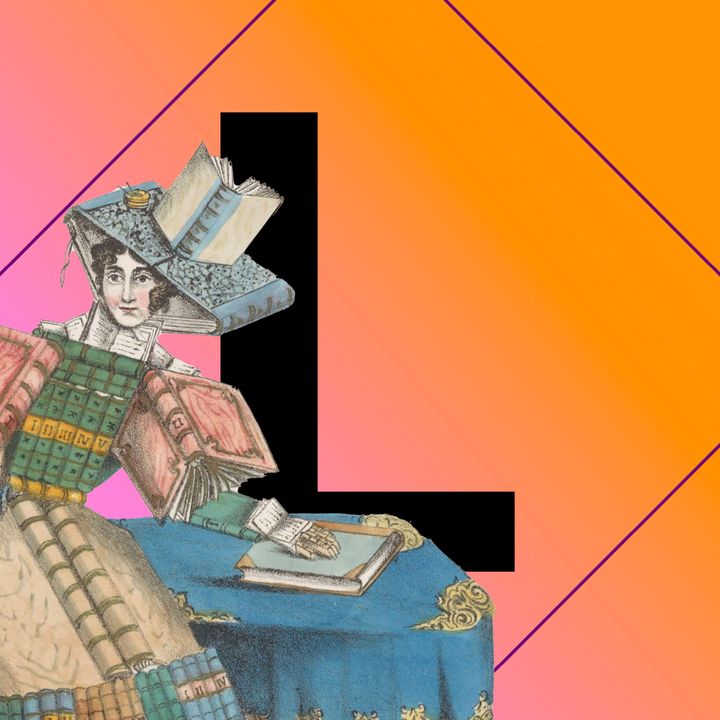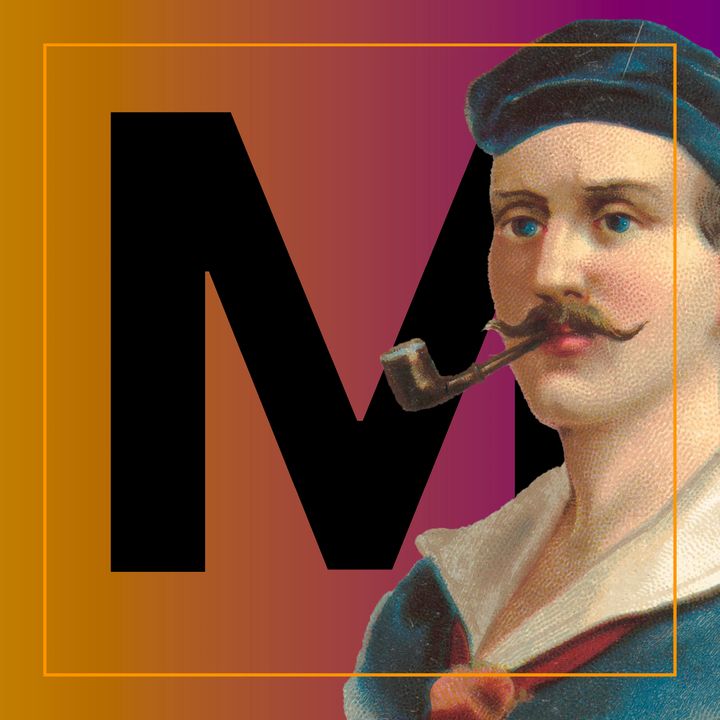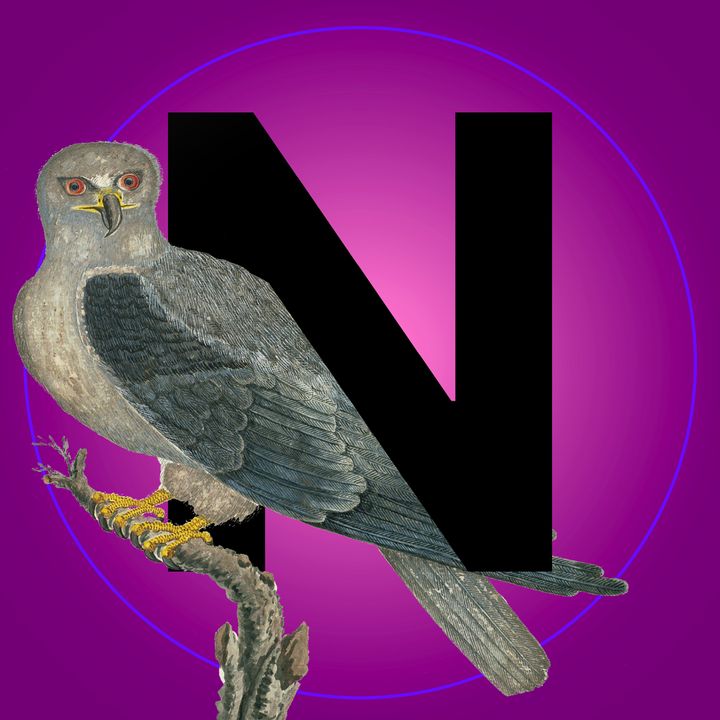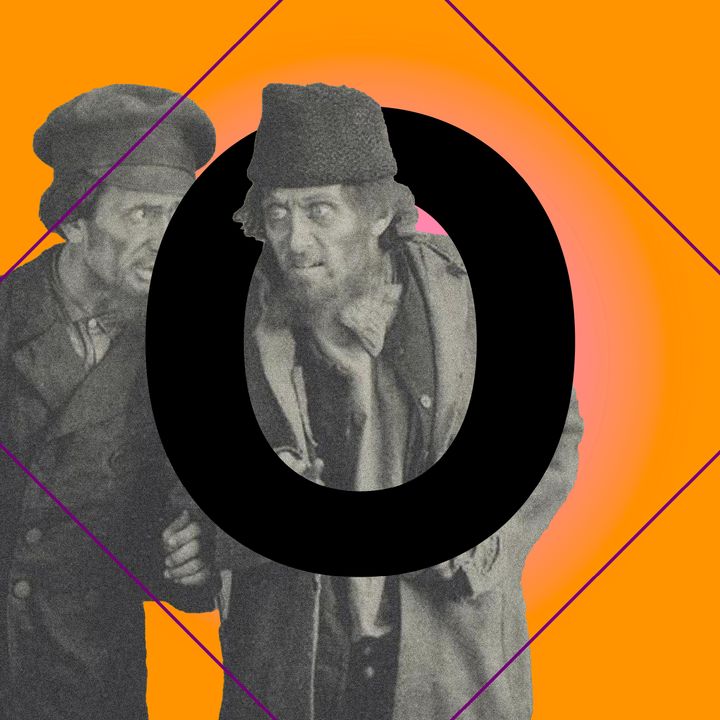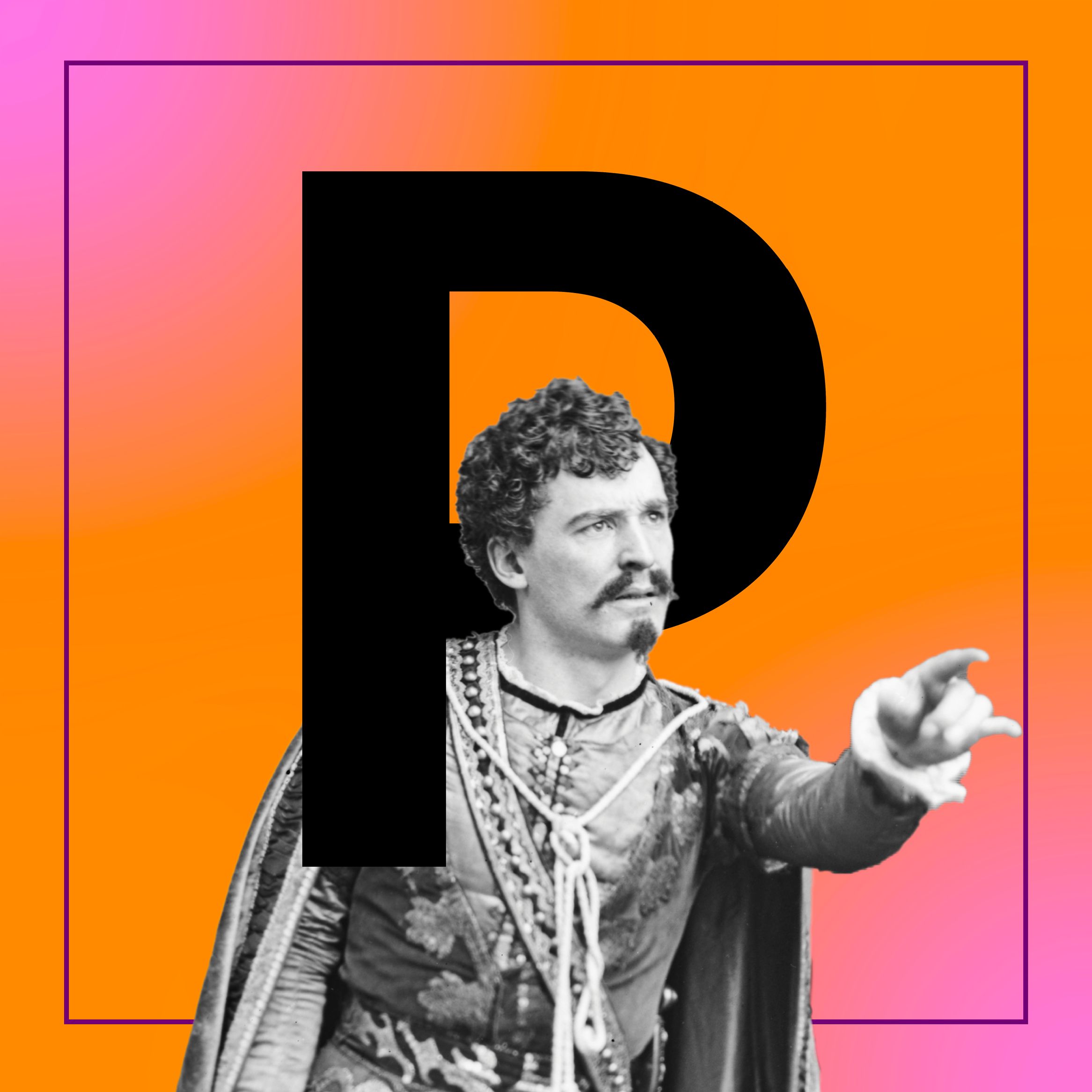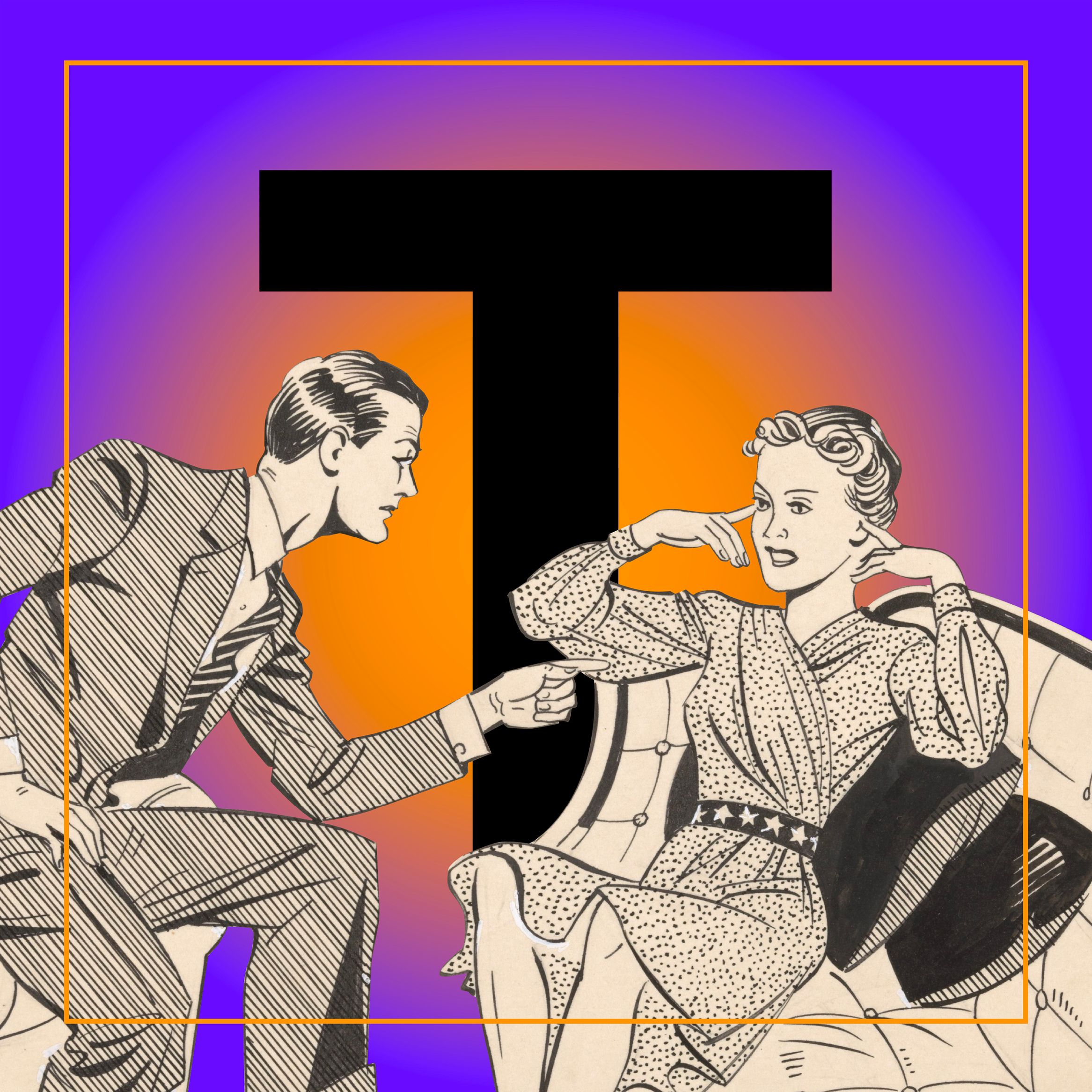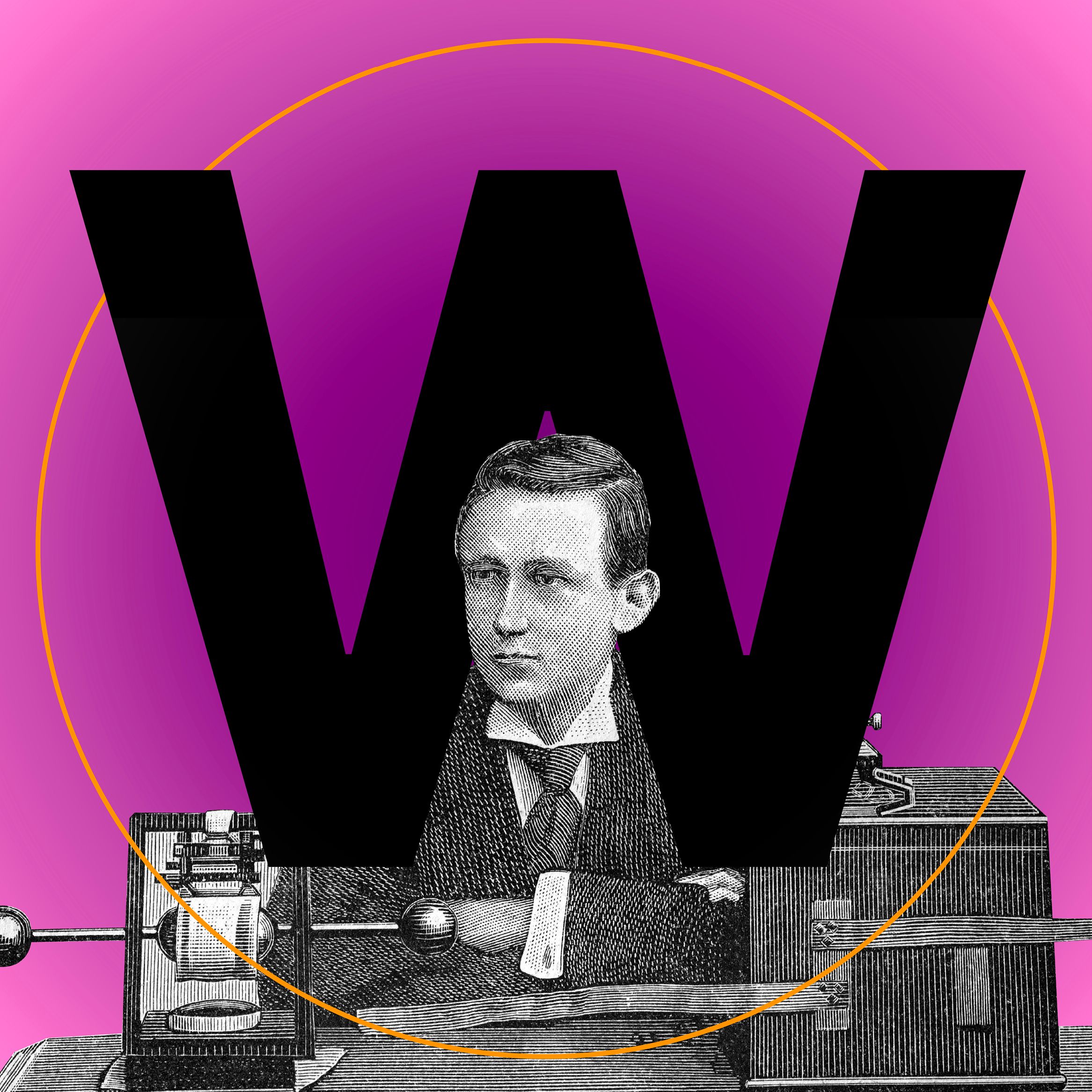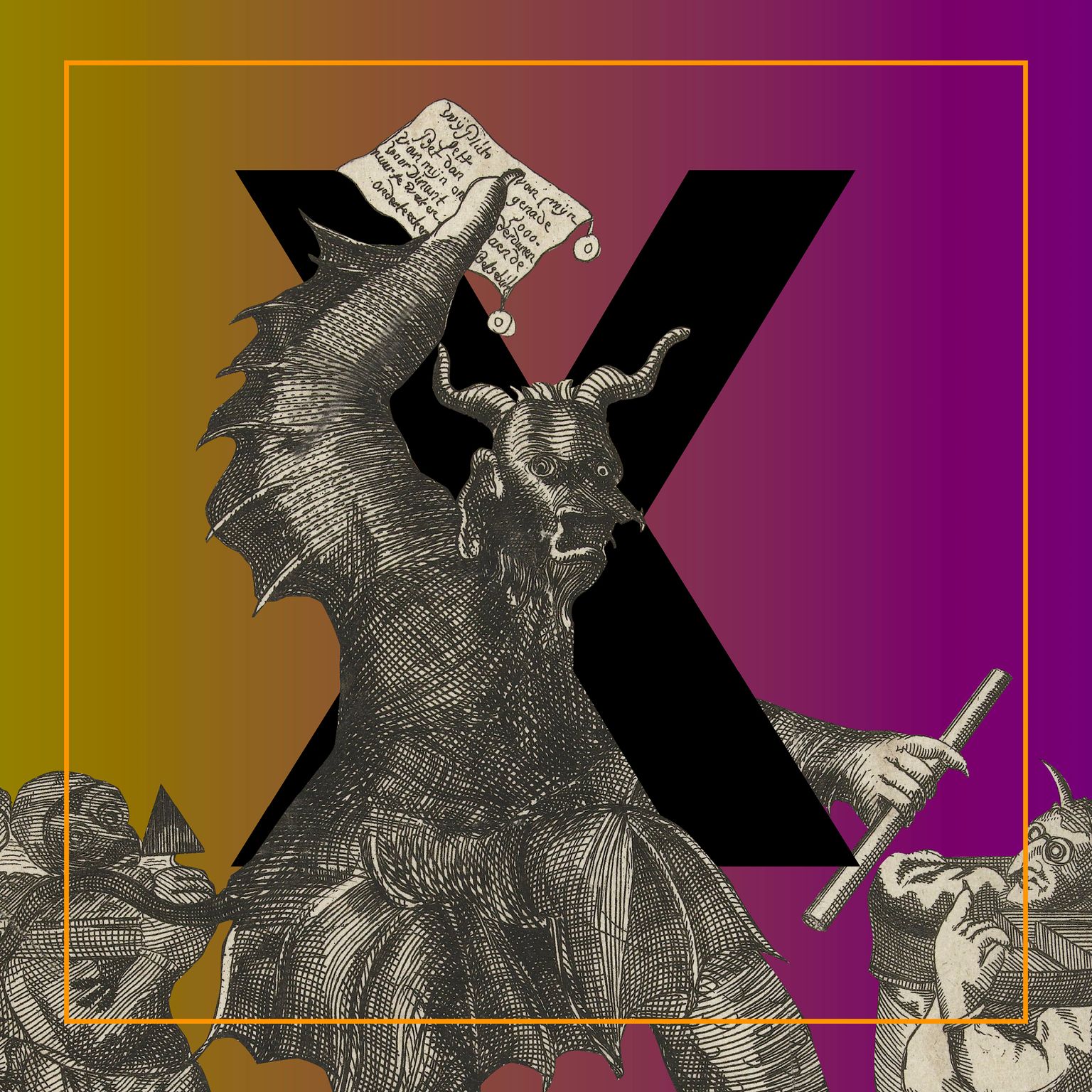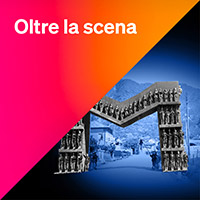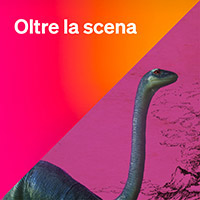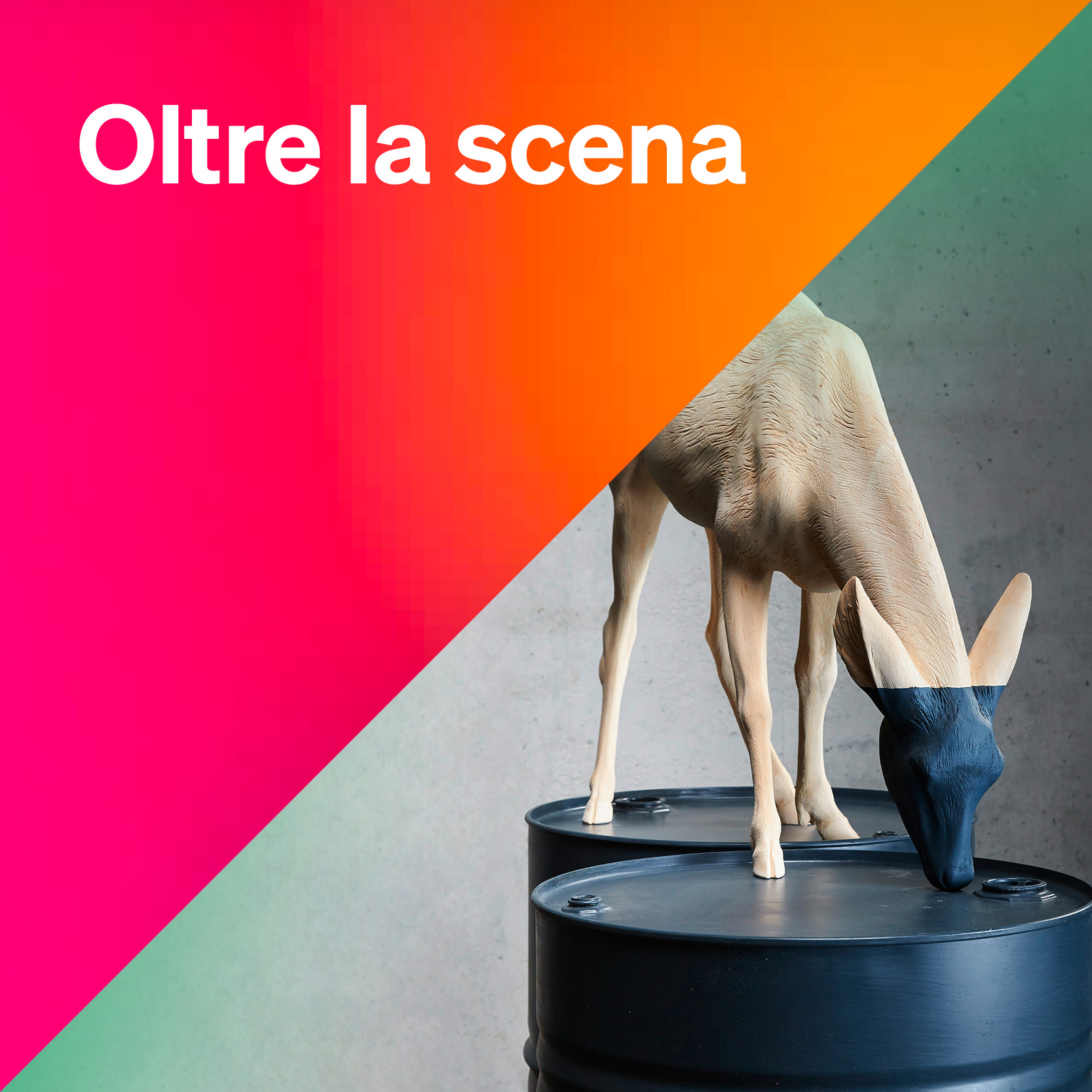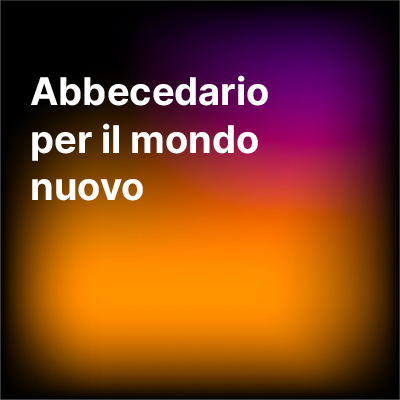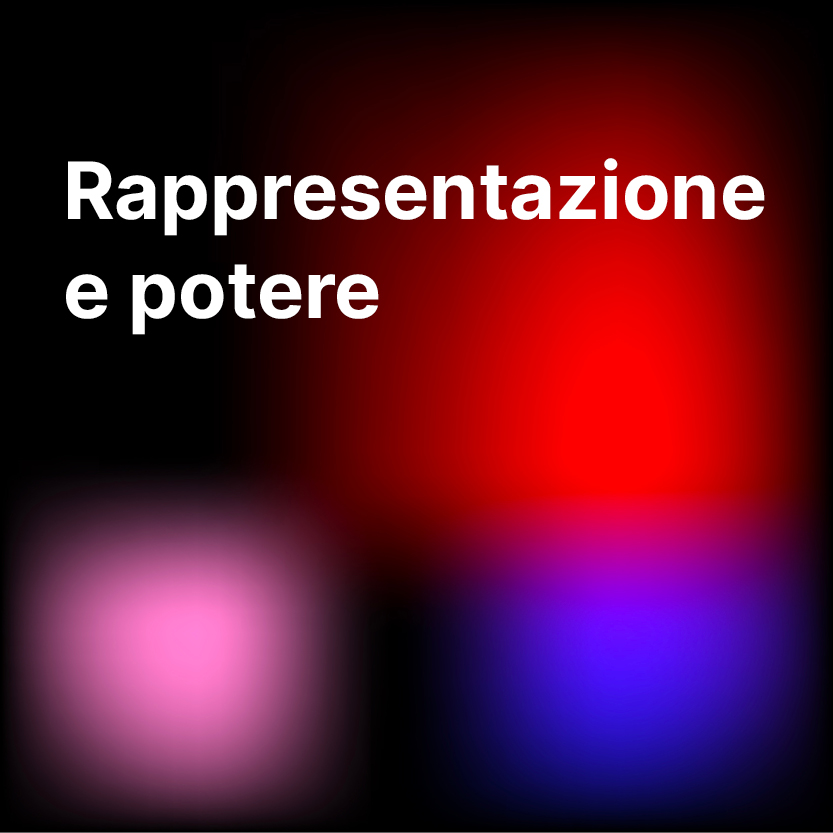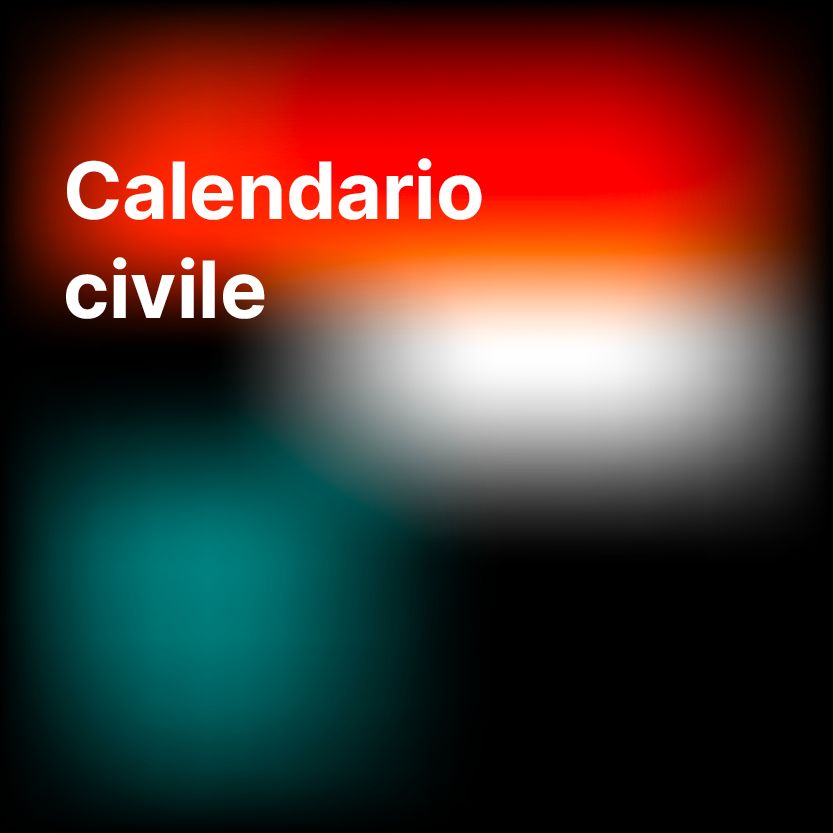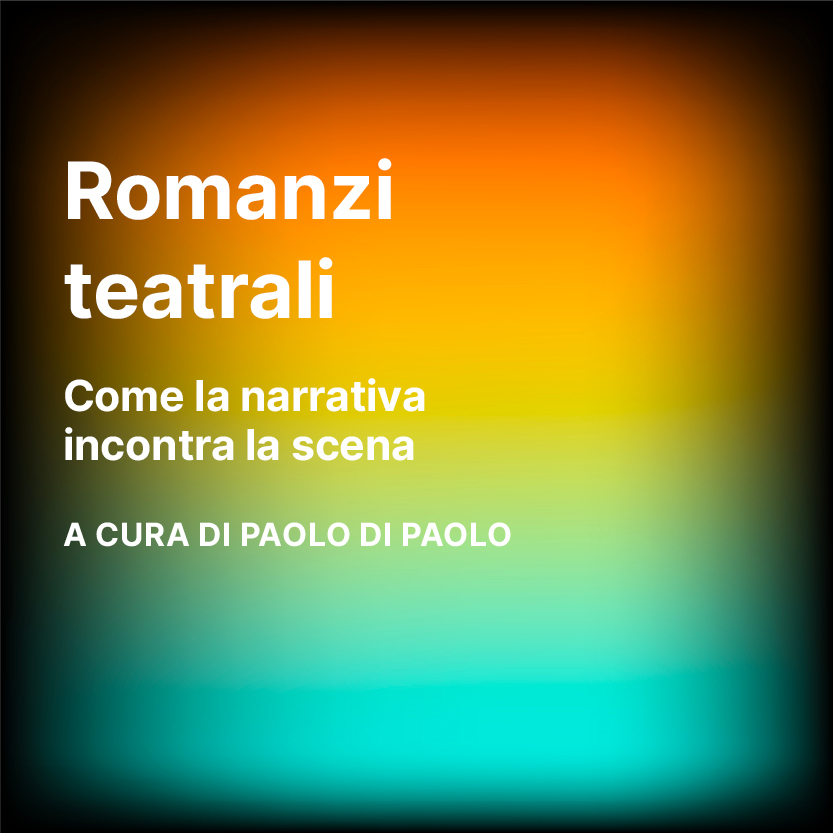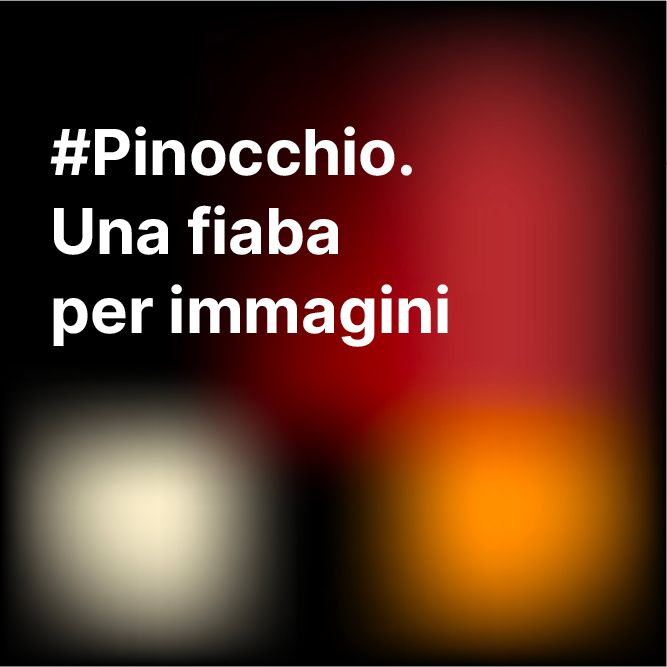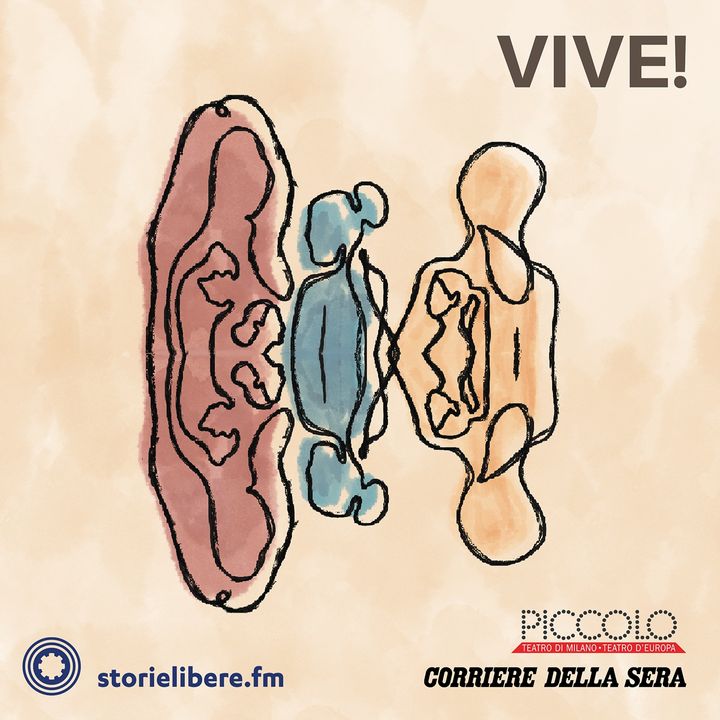Abbecedario per il mondo nuovo – Crepe
Abbecedario per il mondo nuovo – Crepe
Crepe by Francesco Toscani, with Monica Buzoianu, Giovanni Drago, Anna Godina, Leda Kreider.
Podcast online on Spreaker from Sunday 18 April 2021
A while ago I realised that if I have to tell a story, I find the idle times to be as important as the story itself. What happens, for example, if a character stops to rest? Or to reflect? How do I stage this? When writing this piece in particular, I wanted to capture the very instant in which four people realise that the things they consider important can suddenly become insignificant. Some detach totally from the life they had always led, while others choose to keep going as if nothing had changed. When beginning with an abstract idea, it is important - at least for me - to find a concrete image that represents it. In this case the crack (crepa in Italian, TN) seemed to be to be a good metaphor. Cracks reveal the fragility of the objects that surround us and the places that we inhabit. At times they announce impending catastrophe, other times they don’t. Sometimes they can be filled or hidden, and sometimes they can’t, like the small traumas and epiphanies that lend meaning and form to our lives. Francesco Toscani
Synopsis
Emma, Lucas' ex-wife who ran away from home, after so many years decides to write to him. Catherine, the man's new companion, receives her letter in her place and discovers something he has never told her. Mara is opening her bar when Lucas bursts in and asks for help, swearing he saw a dead woman in the fields. Intertwining reality, memories and hallucinations, Crepe tells the momentary intersection of four lives, in the space of a day.
Biography
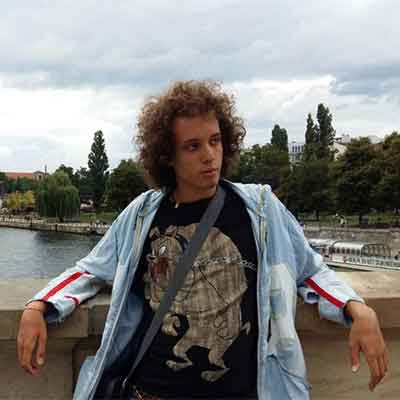
Nato nel 1996, Francesco Toscani si diploma nel 2020 al Corso Autore Teatrale della Civica Scuola di Teatro Paolo Grassi. Il suo primo testo teatrale, La fame, finalista del Premio Hystrio Scritture di scena 2019, vince la segnalazione Beyond Borders? Nell’autunno dello stesso anno è selezionato per il progetto di residenza europea NEON_10: New energies on network, organizzatoda PAV Fabulamundi e lacasadargilla. Il testo scritto in residenza, The scorpion, è rappresentato in forma di radiodramma al Festival Fabulamundi di Targu Mures nell’ottobre 2020. Nel lockdown per RadioVirus, radio del centro culturale MACAO, crea con Sara Bresciani il programma DIY Drama. Viene selezionato da Roberto Paci Dalò per far parte del progetto radiofonico KIN, durante l’edizione 2020 di Sant’Arcangelo Festival. Il suo testo teatrale Che cosa sono i morti è finalista al premio Scintille 2020. Nel 2019 consegue la Laurea Triennale in Lettere col massimo dei voti e la lode all’Università degli Studi di Milano.
Abbecedario per il mondo nuovo
produzione Piccolo Teatro di Milano – Teatro d’Europa
in collaborazione con Premio Hystrio – Scritture di Scena e Premio Riccione “Pier Vittorio Tondelli”
regia Lisa Ferlazzo Natoli e Alessandro Ferroni



